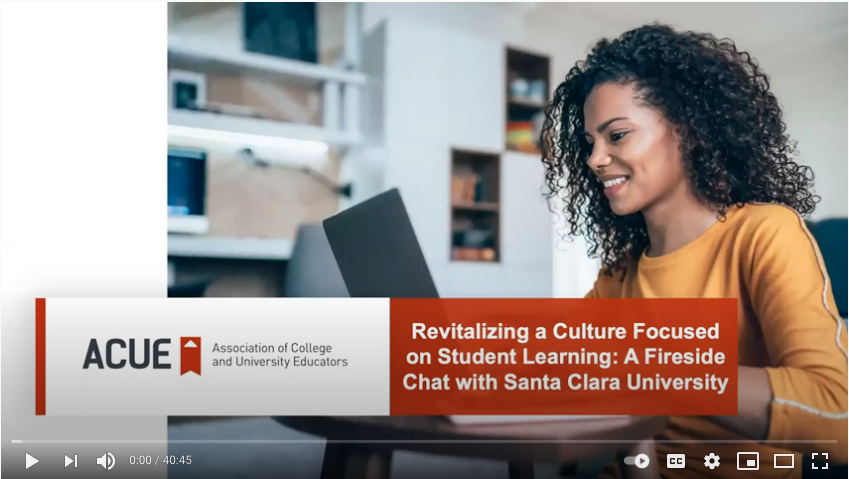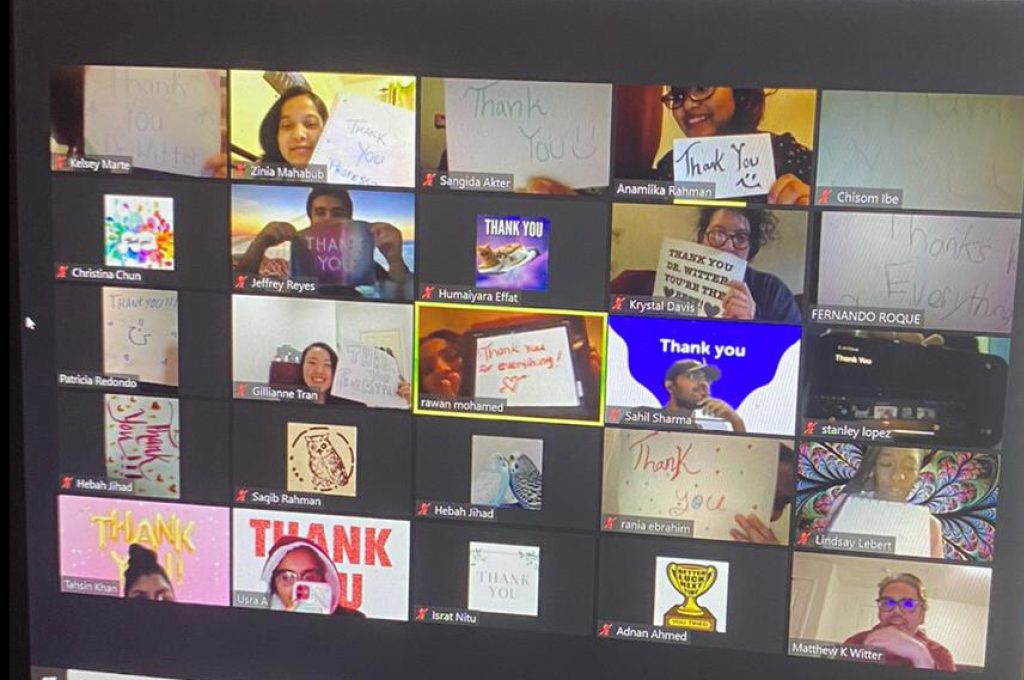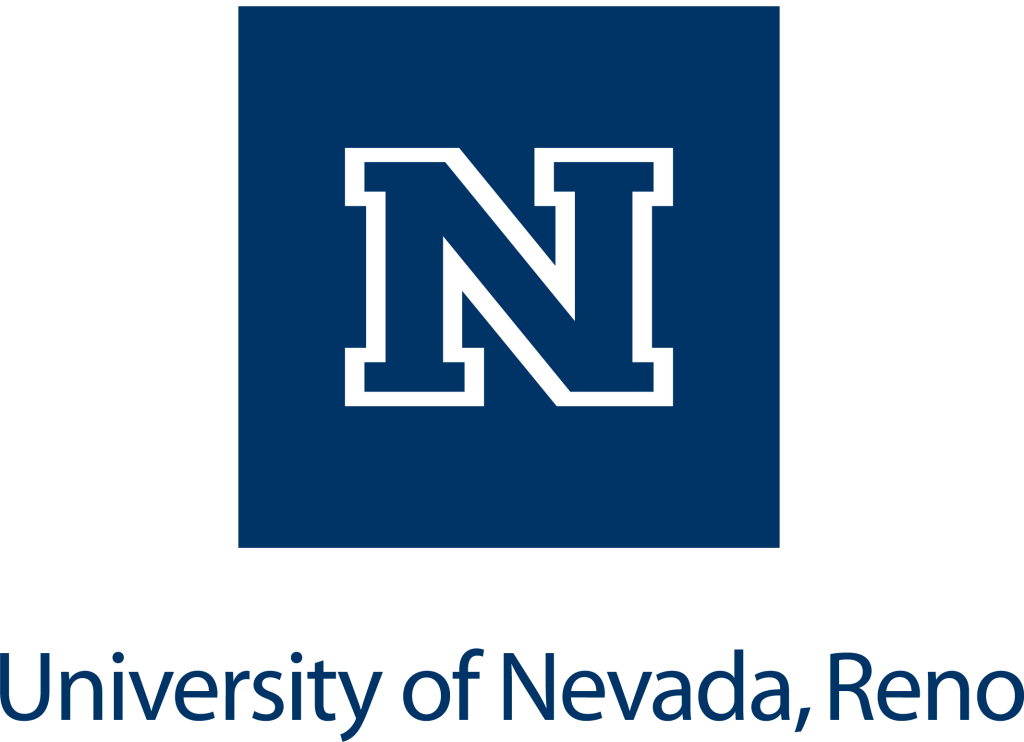
A “Smashing Success” at University Of Nevada, Reno
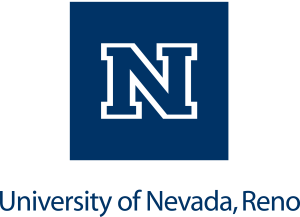
The story of Nevada’s developmental education reforms couldn’t be told without the role of faculty. A key, early chapter started at the University of Nevada, Reno (UNR), with Chris Herald, a professor who directed the flagship’s core mathematics department. Herald launched a successful corequisite pilot for gateway math courses
and UNR subsequently implemented a corequisite model based on the pilot’s results.
When the Nevada System of Higher Education (NSHE) convened a developmental education task force, Herald and other faculty members were tapped to lead the effort. Their work paved the way for NSHE’s new policy framework established in 2019. The Corequisite and College-Ready Gateway Policy “eliminates traditional models of remediation and mandates corequisite support for all degree-seeking students with full-scale adoption by Fall 2021.”
A Strategic Commitment to Quality Teaching
At the University of Nevada, Reno (UNR), there is a firm commitment to the central role that quality teaching plays in student success. It starts at the core, with strategic planning, and permeates the institution’s seven colleges and 40 academic departments. The university has embedded a focus on quality teaching into its faculty hiring policies, professional development for instructors, and formal incentives related to those efforts.
Most importantly, research shows that UNR’s initiatives to advance quality teaching are having a positive impact on students. “The data suggest that, yes, there is a positive impact on student success, which is ultimately what this is about,” said Kevin Carman, who served as UNR’s executive vice president and provost from 2013 to 2020.
In partnership with ACUE, UNR has developed professional learning opportunities closely aligned to its strategic plan. Leadership has embedded quality teaching into the institution’s operations, intentionally and strategically.
Carman said, “If we’re going to do this, let’s go all in.” Now, all new tenure-track hires and full-time instructional faculty are required by contract to participate and have the opportunity to earn a nationally-recognized credential in Effective College Instruction.
“When they sign their contract, there is a sentence that says you will take the ACUE course sometime within their first two years of employment at the university,” Carman said. “This is our fourth year of doing this and it’s really changed the culture and how we think about teaching.”
In addition, graduate students have an opportunity to enroll in the Effective Teaching Practices course to support their roles as teaching assistants and prepare them for a professoriate increasingly focused on effective teaching. The credit-bearing graduate courses have proved so popular that they are now part of the university course catalog.
“It’s been a smashing success. We have cohorts of doctoral students who take the course each year. It’s a wonderful credential for them to have when they look for a job teaching at a college or university and I think they really see the value,” Carman said.
Student Impact
UNR is committed to evaluating impact and the university’s strategic plan includes a comprehensive process to establish and evaluate student learning outcomes for all courses. “Each of our courses has a set of student learning outcomes that allow us to evaluate whether students learn these things or not. That has become a really useful tool,” Carman said.
UNR’s development of student outcomes was used by the Office of Institutional Analysis and Assessment to conduct efficacy research to determine the impact of the support to faculty. The subsequent research brief, “Higher Student Evaluations and Grades in Courses Taught by ACUE-Credentialed Faculty at University of Nevada, Reno” found stronger student outcomes sustained over time. “Good teaching should lead to better learning outcomes, and better learning outcomes are going to lead to greater student success,” Carman said.
Practice in Action
In collaboration with Complete College America (CCA), the NHSE has launched a professional development seminar series for faculty who are teaching corequisite mathematics and English courses. Throughout fall 2020 and into 2021, Nevada educators from across the state have tuned in to virtual events and seminars on developmental education and instructional practice. The events feature a range of guests, including experts and practitioners from ACUE and partner institutions, covering topics such as online teaching for corequisite courses and active learning techniques.
This partner profile was produced as part of the Success & Equity Through Quality Instruction, a toolkit with resources and rubrics for colleges and universities to fully engage faculty in the student success movement.
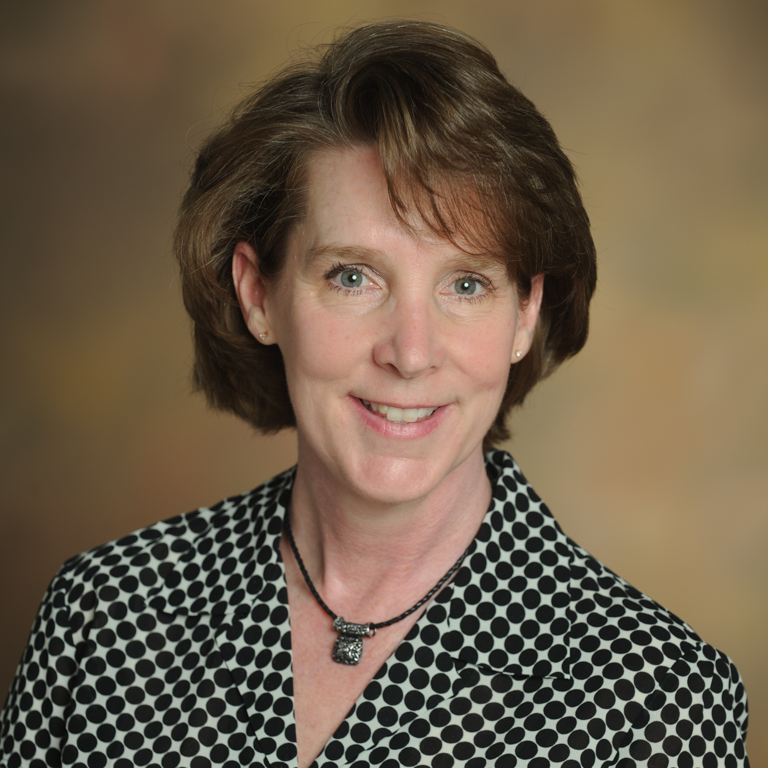
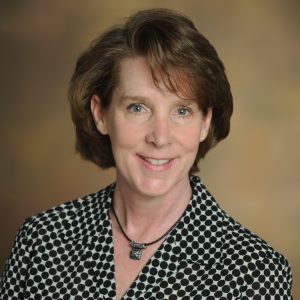 My first impression with course outcomes is similar to that of many faculty.
My first impression with course outcomes is similar to that of many faculty.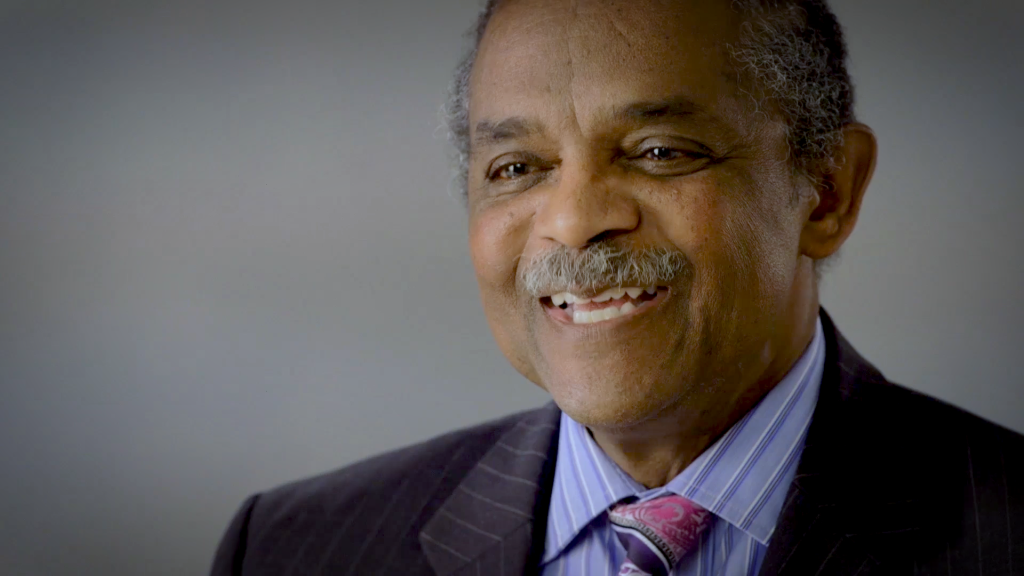
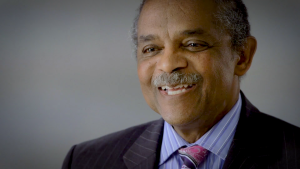
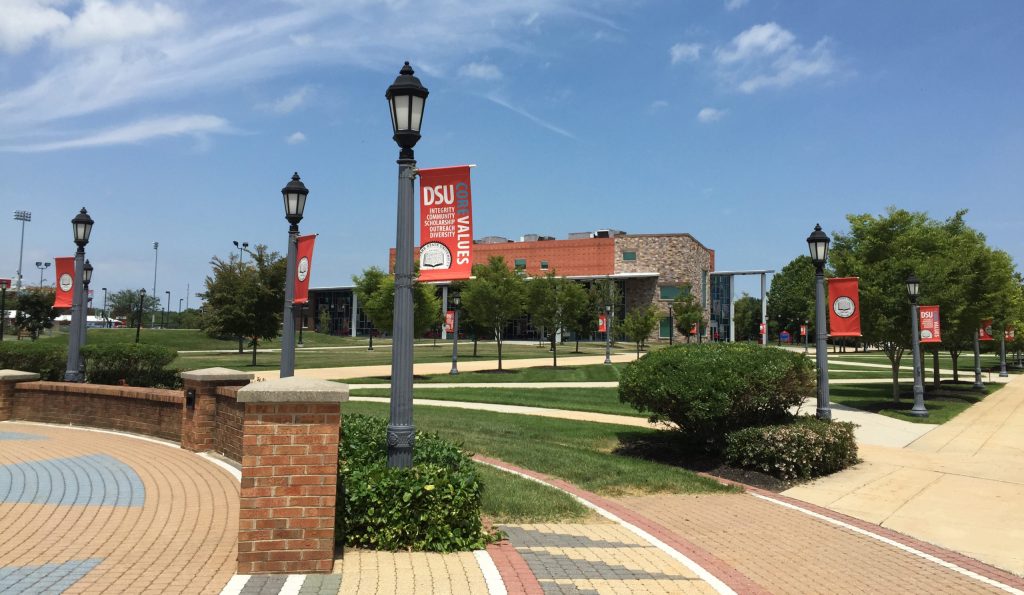
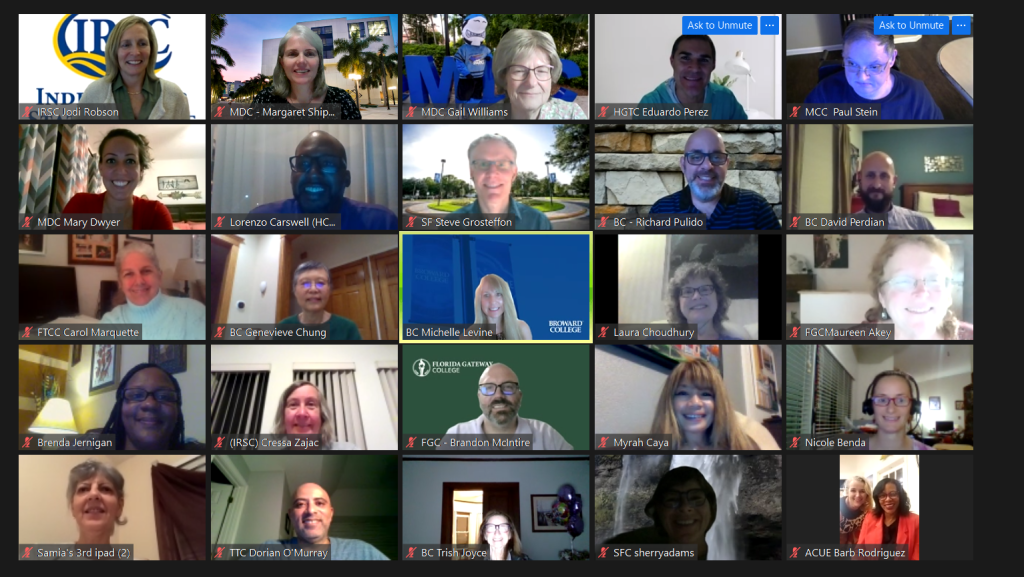
 Levine shares, “We had our first team meeting in early September and were up and running with our first session in October. Each member jumped in and contributed his or her expertise supporting the strength of the team. It’s amazing how five people who didn’t know each other came together and just clicked, with each having different strengths and finding his or her niche.”
Levine shares, “We had our first team meeting in early September and were up and running with our first session in October. Each member jumped in and contributed his or her expertise supporting the strength of the team. It’s amazing how five people who didn’t know each other came together and just clicked, with each having different strengths and finding his or her niche.”